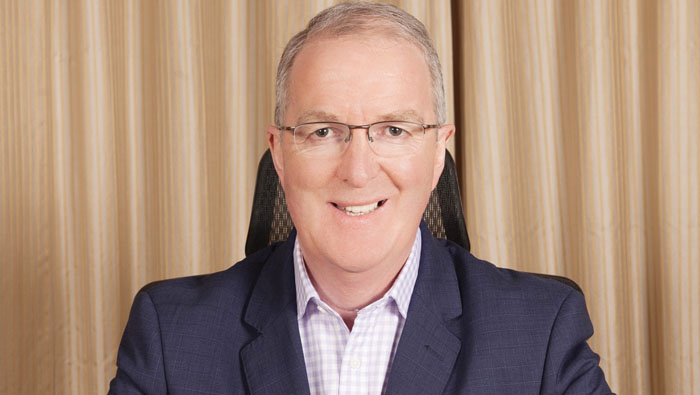
Muscat: Guests visiting the Grand Hyatt Muscat will no longer be served single-use plastic straws unless they request them, the hotel announced.
The Grand Hyatt Hotel will eliminate single-use plastic straws and drink picks starting September 1, after which straws and picks will be available only upon request. Eco-friendly alternatives will be provided where available.
“We have eliminated the use of single-use plastic straws from all of our restaurants within the Grand Hyatt Muscat and will replace them with biodegradable non-plastic alternatives,” said Paul Murphy, General Manager of the Grand Hyatt Muscat.
“We have also eliminated plastic picks and stirrers from the hotel and will replace them with biodegradable alternatives.”
This comes after Hyatt hotels worldwide announced plans to reduce their use of single-use plastics. The Grand Hyatt Muscat uses approximately 80,000 straws annually.
“The Grand Hyatt Muscat is a leader in this initiative and has already stopped using plastic straws in all of its food and beverage outlets in the hotel,” said Murphy.
“This is something that we are able to do here in Muscat, and our commitment doesn’t end with straws and drink picks. We are looking at other viable alternatives in all areas of hotel operations, including the elimination of plastic mixers for cocktails and the swapping of plastic utensils in to-go packages for eco-friendly materials.”
Last year, Anantara and AVANI Hotels and Resorts announced their decision to end the use of plastic drinking straws at all of their hotels and resorts in Asia starting January 1, 2018.
Be’ah Oman has also begun an initiative to reduce the use of plastic in people’s daily lives.
“We have started to change public behaviour towards waste management by introducing the best ways to generate waste and by introducing various ideas about how to reduce waste as the first option,” said Be’ah’s Al Hassan Al Nabhani.
“When extra waste is generated, we encourage people to implement several practices to reuse it. Changing people’s mindsets about waste management must begin from a young age.”
“We have also started to establish a culture of recycling by working with the Ministry of Education to update and include in the current curriculum different concepts about recycling and waste management,” he added.